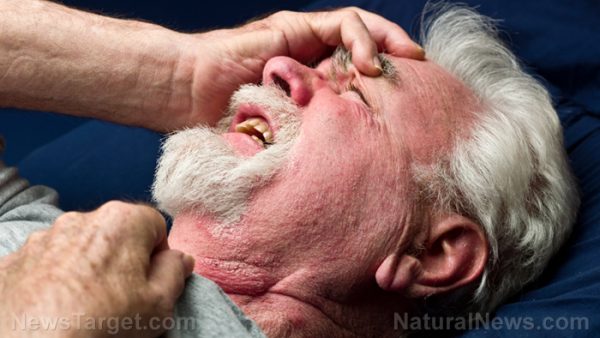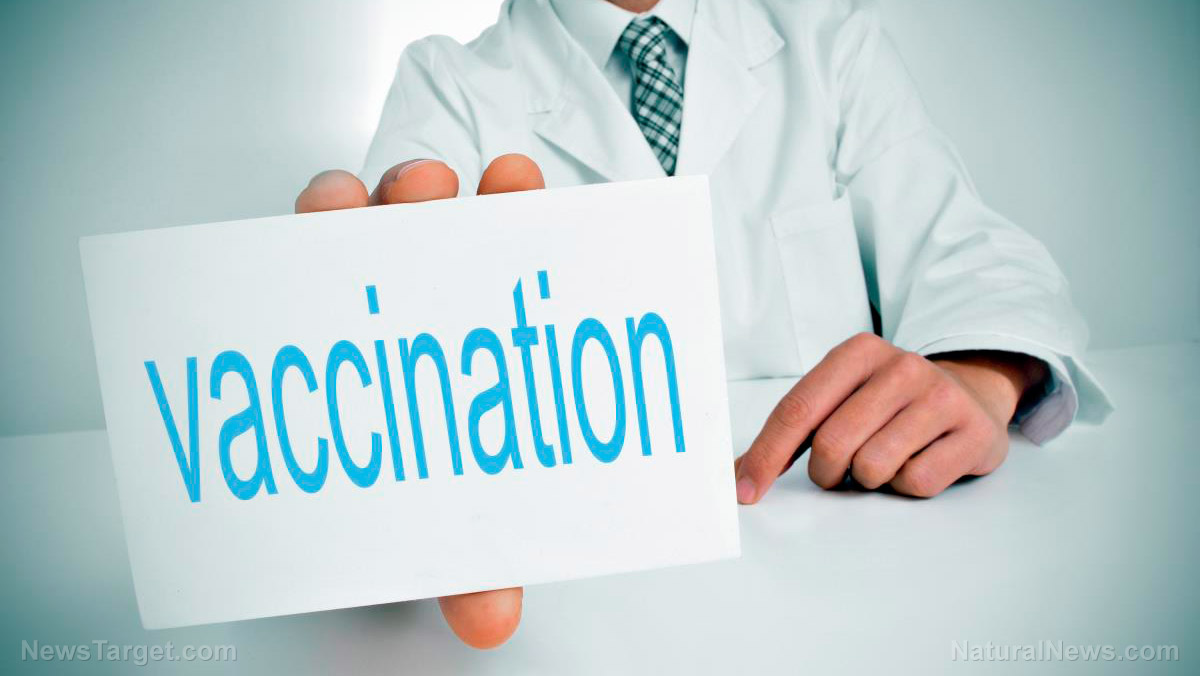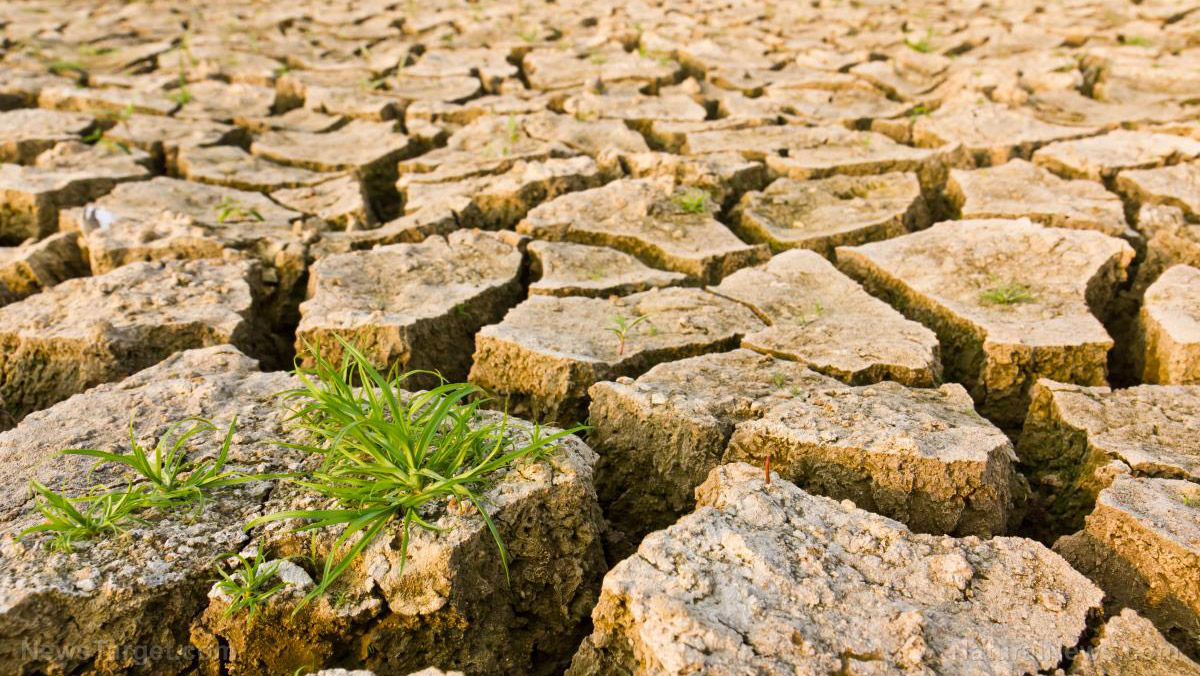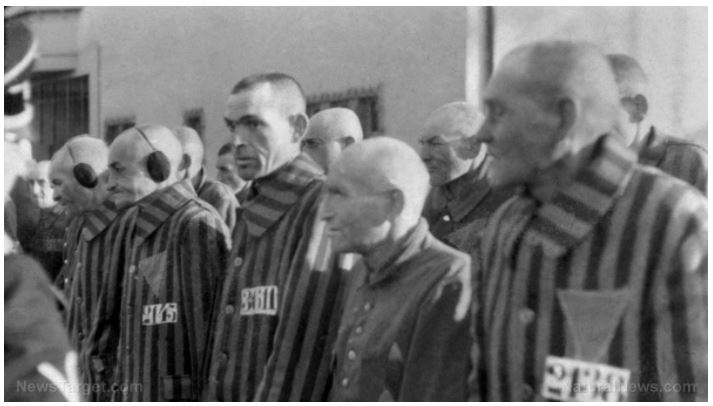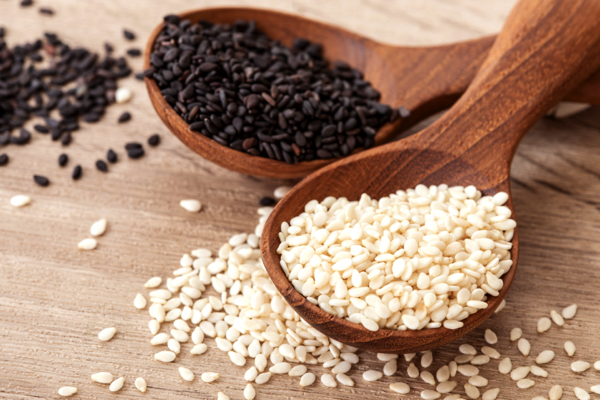 Parler
Parler Gab
Gab
Natural immunity still effective against severe COVID after 14 months
A pre-print study in the Middle East also proved the superiority of natural immunity to vaccine immunity. Researchers in Qatar found that natural immunity remains 97 percent effective against COVID-19, even 14 months after primary infection. In a pre-print study posted July 7 in medRxiv, the researchers from Qatar University found that unvaccinated people who survive a bout of COVID-19 had outstanding protection against severe COVID-19 disease or death caused by it. The study authors looked at three earlier papers scrutinizing the Middle Eastern country's unvaccinated population between February 2020 and June 2022. The July 7 paper sought to answer questions about the duration of natural immunity when faced with omicron and earlier strains. "Effectiveness of primary infection against severe, critical or fatal COVID-19 reinfection was 97.3 percent, irrespective of the variant of primary infection or reinfection, and with no evidence of waning. Similar results were found in sub-group analyses for those [less than] 50 years of age," they wrote. "Despite waning protection against reinfection, strikingly, there was no evidence for the waning of protection against severe COVID-19 at reinfection. This remained [at around] 100 percent, even 14 months after the primary infection, with no appreciable effect for omicron immune evasion in reducing it." Before the emergence of omicron in late November 2021, natural immunity against COVID-19 dropped to only 70 percent after 16 months – which the study authors attributed to a "genuine waning in biological immunity." While much more infectious than earlier strains, omicron caused milder symptoms in infected individuals. The BA4 and BA5 sub-variants of omicron are now the most dominant strain of SARS-CoV-2. "Vaccine immunity may last for only a year, but natural immunity may last for three years," the study authors stated. Watch this Fox News report about natural immunity against COVID-19 being more effective against reinfection. This video is from the Heaven Reigns channel on Brighteon.com.More related stories:
South Korea's CDC says recovered coronavirus patients aren't contagious, as country grapples with another surge of new cases. Qatari study finds natural immunity is 97% EFFECTIVE against severe COVID even after 14 months. Mutation has caused the coronavirus to become more contagious but less deadly, says new study. STUDY: Natural immunity to covid never wanes, but fully jabbed are developing AIDS. Sources include: TheNationalPulse.com NEJM.org TheStarNewsNetwork.com medRxiv.org Brighteon.comStudy: Strawberries can help protect against brain inflammation and Alzheimer’s
By Zoey Sky // Share
Doctor who cheered ‘No Jab, No Job’ suffers sudden heart attack
By News Editors // Share
Inventing diagnoses to cover up vaccine injury — a con as old as vaccination itself
By News Editors // Share
96% of NOAA heat measurement stations are corruptly placed to support climate change hoax
By Ethan Huff // Share
Home prices dropped at a record pace in June amid rising inflation and mortgage rates
By Cassie B. // Share
Eating black sesame may slash heart disease risk
By newseditors // Share
Florida sky mystery: Toxic heavy metals and bioengineered particles found in air and food samples
By finnheartley // Share
Omega-3s: a powerful ally in the fight against chronic inflammation
By ljdevon // Share

